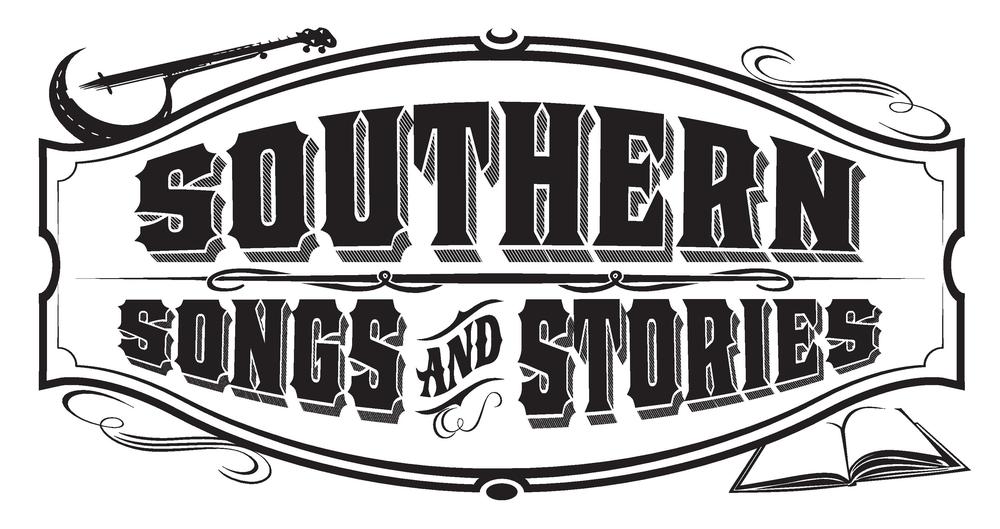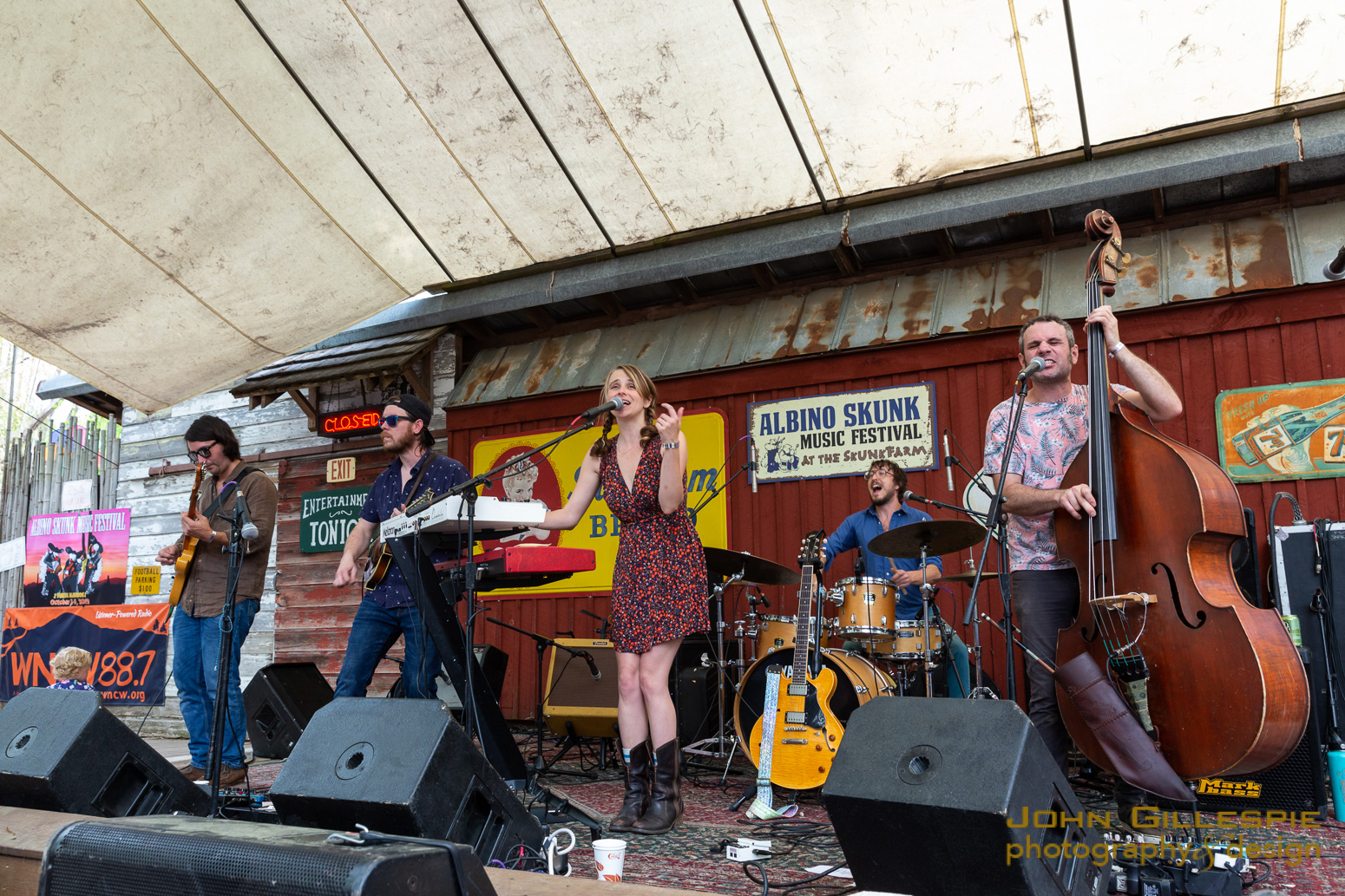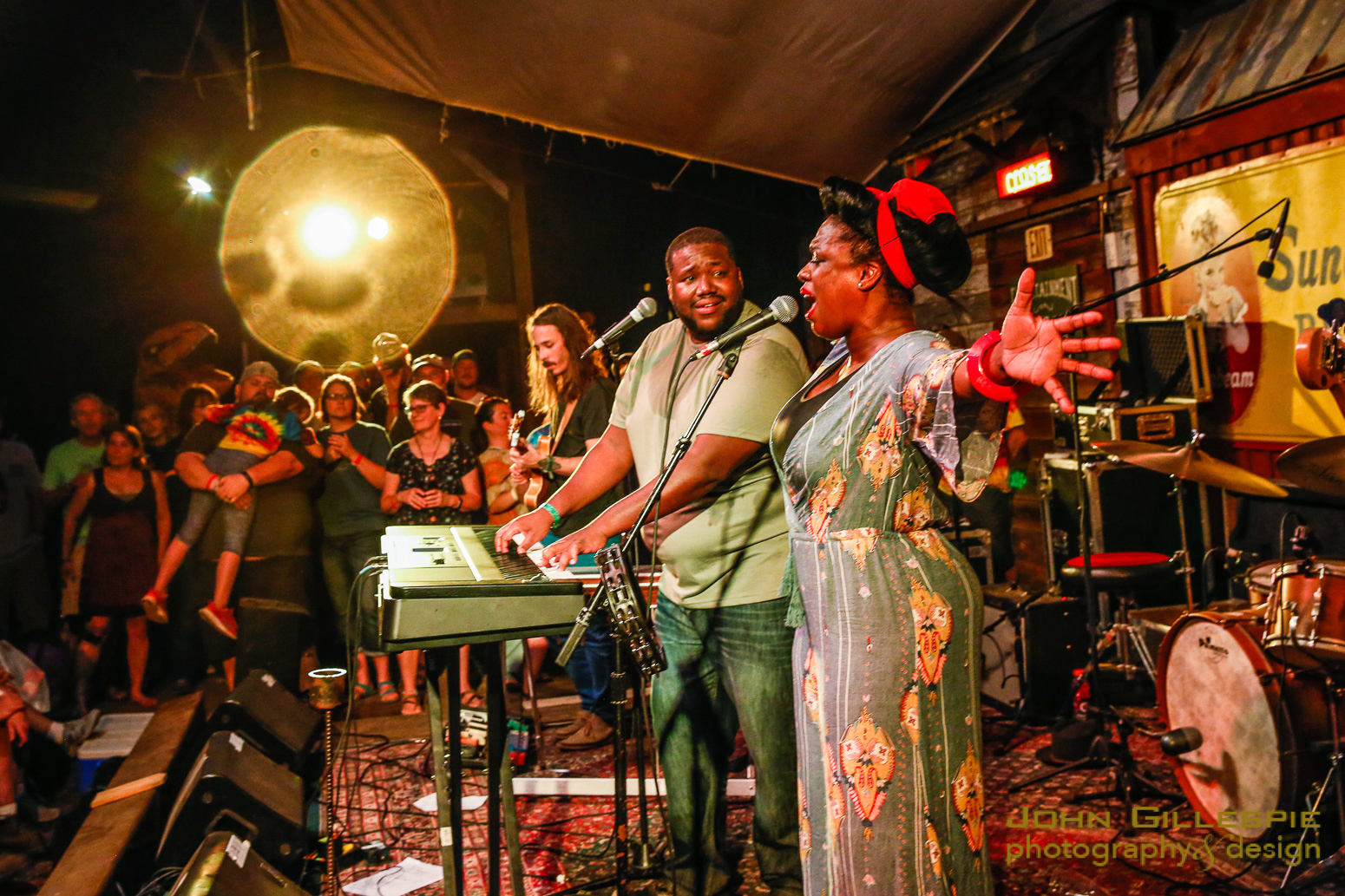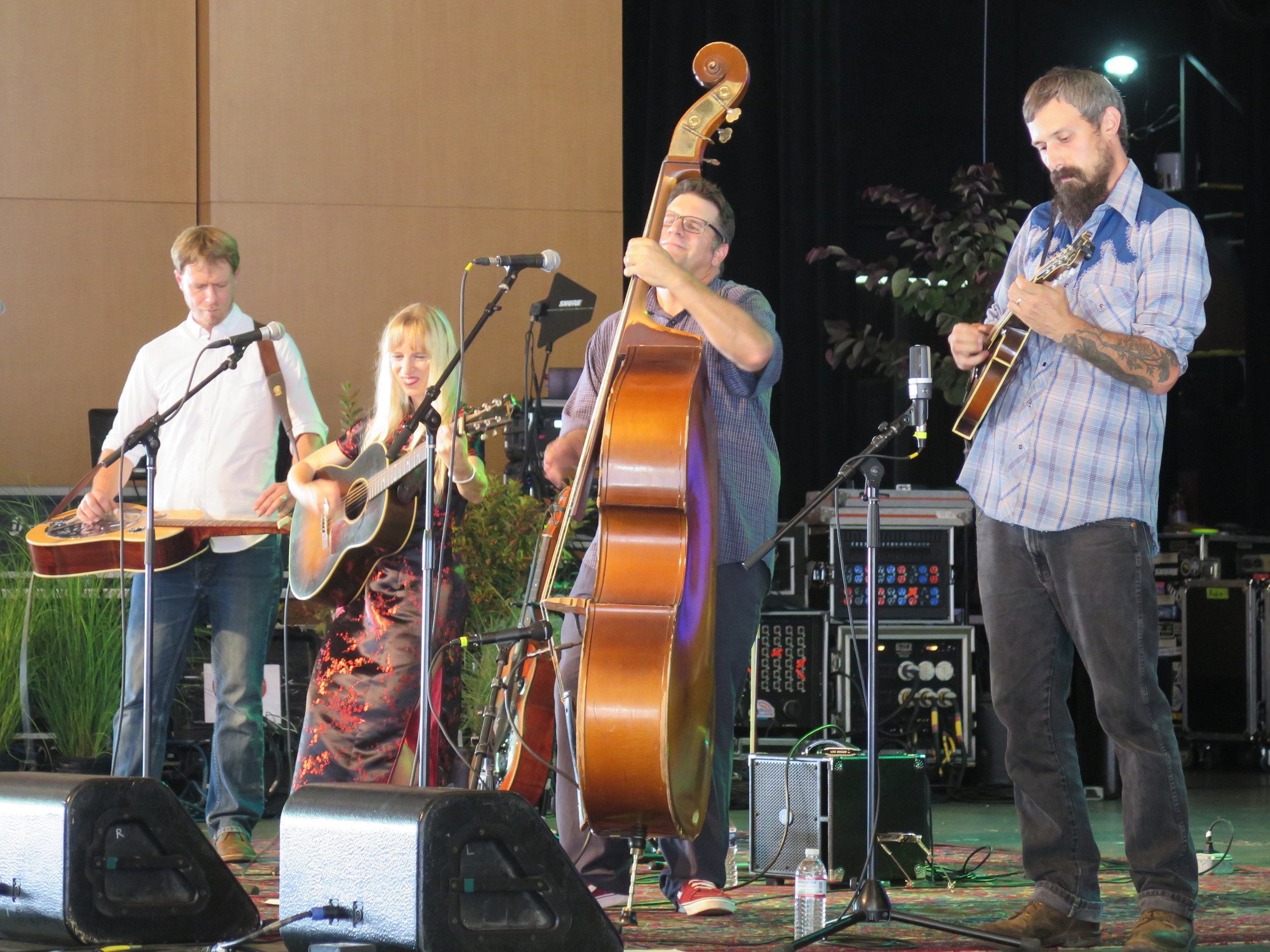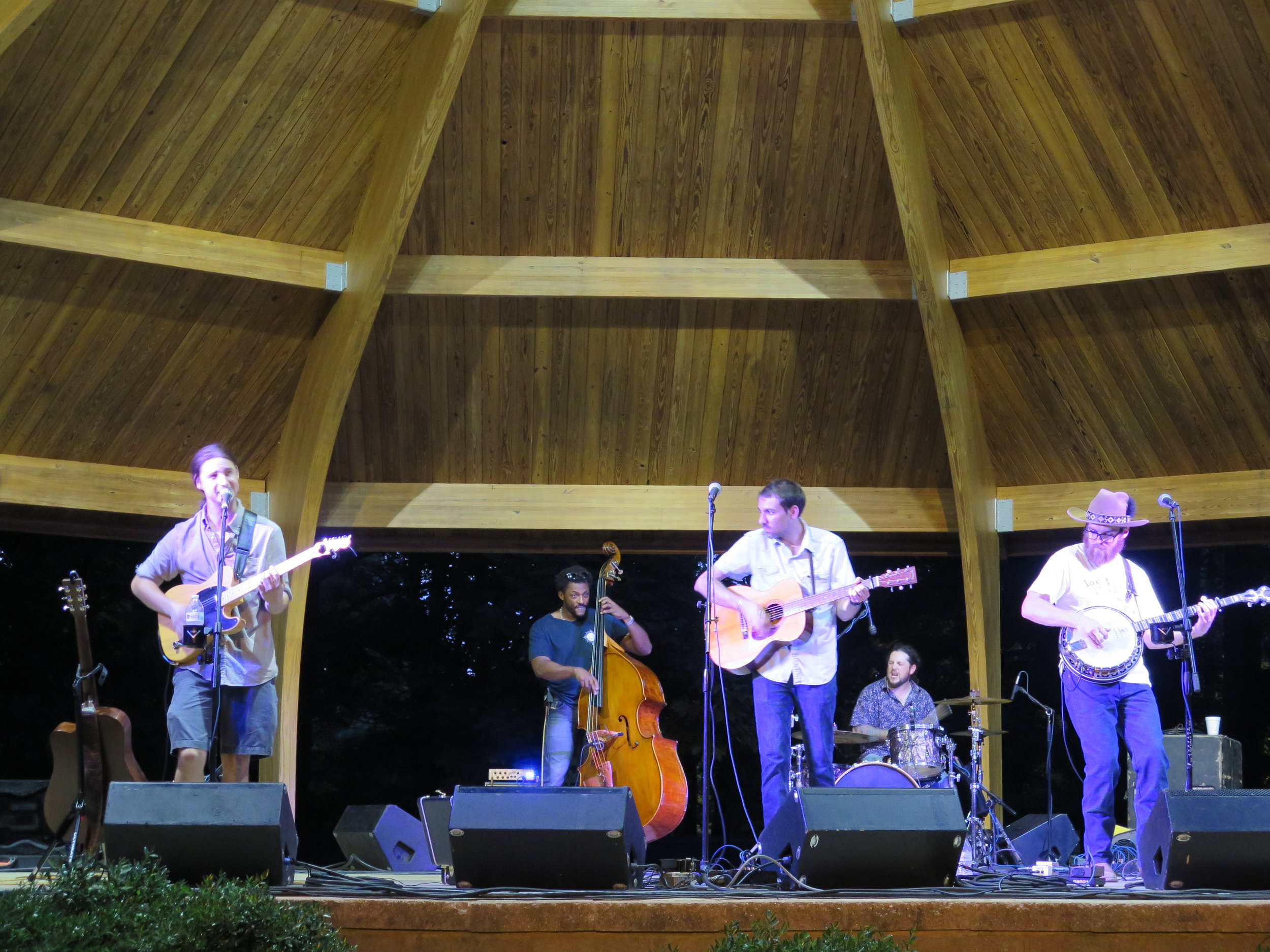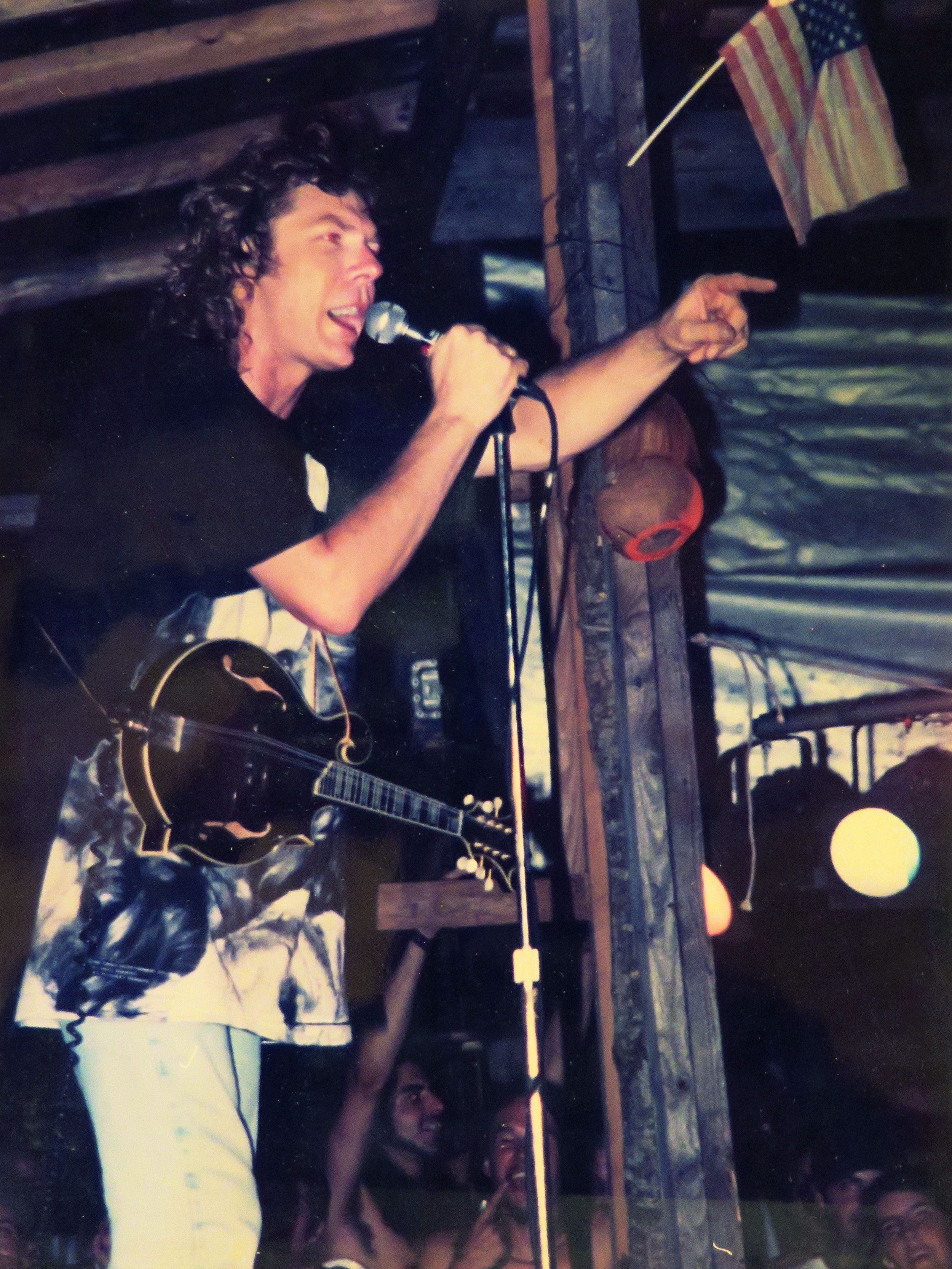Let’s say you want to be a musician. The music bug bit you, and you just can’t resist the urge to pick up an instrument, maybe keep a notebook handy at all times to write down ideas and lyrics. You start recording pieces of melodies and sing them to your phone before the ideas evaporate. Maybe it was because you saw that performance where the light bulb went off over your head, or you heard a song in a movie soundtrack that moved you, or you got on stage and felt more alive than anywhere else. However it happened, you are soon wood shedding and finding like minds to play with and then finding an audience to play to. The muse serves up a sweet elixir, and you may be forever under its spell.
The Deer, from Austin, Texas, perform in Greer, SC 4-13-19. Photo: John Gillespie
Our guests on this podcast are firmly in that camp, but there are also plenty of musicians who have dropped out. Some came back, too. In our first episode on Side Hustles, there were a lot of examples of why music artists would want to quit making music, at least as a primary means of making a living. Making money by making music is harder than ever, it seems, unless you are at the very top of the heap. The pitfalls for professional musicians seem to have no end. But, there is no shortage of people making music, and plenty who stay with it through thick and thin. I hinted at why that’s the case in our first episode, but never spelled it out. If you haven’t deciphered the clues yet, stick around and it will come together by the end of the episode. Along the way, you’ll hear from Dangermuffin, Joey Burns of Calexico, The Deer, Max Brown and Phil Bronstein from The War and Treaty, and Dan Fedoryka from Scythian, along with a lot of their music, too.
Thanks for visiting! Please support the music of the artists you enjoy hearing here, and I hope you will spread awareness about this independent project and consider helping by subscribing, rating and commenting on the show where you get your podcasts, and by becoming a patron. You can find out about contributing on our Patreon page, linked in the column to the right. To correspond, shoot me an email and I will be glad to get back to you from southernsongsandstories@gmail.com. This series is available on most every podcast platform, as well as on Bluegrass Planet Radio. This is Southern Songs and Stories: the music of the South and the artists who make it. - Joe Kendrick
